College of Education and Human Development
Counseling as 'a gift'
November 21, 2019
by Greg Sullivan
Professor Shekila Melchior, a counselor and active researcher in social justice counseling, joined Mason’s Counseling and Development faculty in the College of Education and Human Development this fall. Melchior has held professional roles at universities, local schools, and hospitals.
She completed her PhD in counselor education from Virginia Tech in 2017 and taught counseling at the University of Tennessee at Chattanooga most recently before coming to Mason.
Melchior took some time to answer questions about what brought her to Mason and what she’s looking forward to in her new position.
What led you to choose to join the counseling faculty at Mason?
The main reason I chose to join this group was the diversity of the faculty and students, which I believe embodies what we all hope the counseling profession will become. Along with that, its commitment to social justice and evidence of that in its work was very attractive to me.
The program is known for its focuses on social justice, multiculturalism, advocacy, leadership, and internationalism. Could you give an example of how these themes speak to you and inform your research or teaching?
My research specifically focuses on the social justice identity development of counselors, which is strongly linked to the mission of the program. In my teaching, I work hard to incorporate liberatory pedagogical practices, and the counseling department provides a supportive and open environment to do that well. In teaching classes like Counseling and Social Justice or Introduction to School Counseling, I have the opportunity to fully incorporate a multicultural and social justice praxis.
Are there any experiences that led you to focus your career in counseling and development? Either personal or work in the field?
Originally my intention was to be a criminal prosecutor, but after interning with the Department of Juvenile Justice at the end of my undergraduate career I realized that I wanted to prevent youth from entering the prison system. And the best way I believed I could do that was by becoming a school counselor.
My decision to become a counselor educator was a belief that if I can teach individuals how to be strong school counselors, then they can impact more children than I could as one school counselor.
You’ve published several research papers in the past few years. Could you talk about some work you’ve published recently and some research you’re working on now at Mason?
Most recently, I have been publishing a four-part series on multicultural competency in the Counselors for Social Justice newsletter. I recently had an article published in the Journal for Creativity and Mental Health on the use of reading aloud to teach empathy to elementary school students.
A research project I am working on now is a quantitative study on school counselors’ multicultural competency working with immigrant students. I am also beginning some program evaluation work based on a small group curriculum I developed for children whose parents are incarcerated.
How do you approach teaching students?
I take a relational approach. I believe in modeling respect and valuing curiosity in the classroom to bring out the best in my students. I think it is important to give them room to speak freely and have a significant voice in their learning.
What advice would you give to current or prospective students interested in counseling at Mason?
Being a counselor is a gift. Consider it a privilege to hear someone’s story. Never take it lightly, and always honor the person who is sharing with you.
